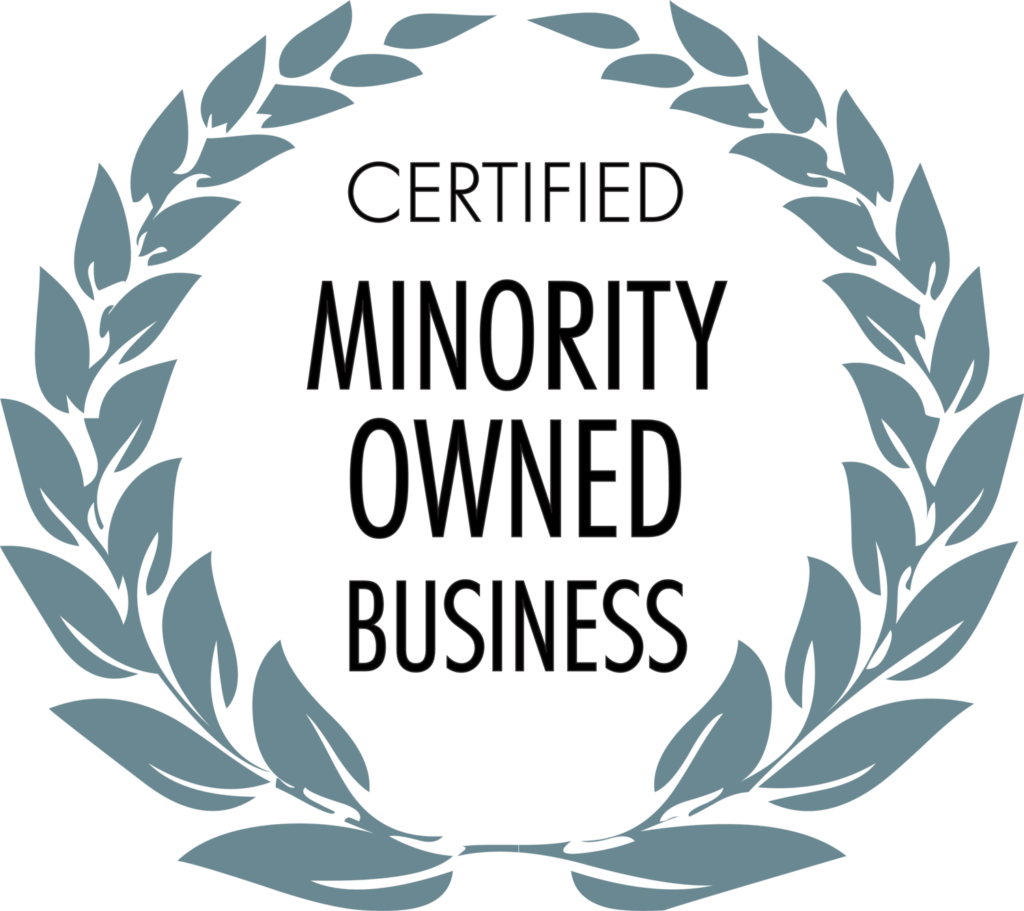An ESOP trust doesn’t qualify as a minority-owned business
by Michael Keeling

The Fifty by Fifty campaign to rapidly scale employee ownership offers a real opportunity to transform our economy from one that is exasperating the wealth divide to one that benefits working people. This is important. History proves concentrated ownership leads to authoritarian government. Broad-based employee ownership would give our democracy a stronger foundation.
But there is a barrier to reaching the goal of 50 million employee owners by 2050. Companies owned by people of color that depend on government contracts cannot easily convert to broad-based ownership, because current policies eliminate government contracting preferences for minority-owned businesses where majority ownership is held in an ownership trust beneficial to all employees—i.e., an Employee Stock Ownership Plan (ESOP).
It’s time to advance new policies that would not penalize employee-owned businesses where the majority of employees are people of color.
Over my career, I visited hundreds of ESOP companies in which the ESOP trust held the majority of shares for employees. Too often in the 1990s, I saw corporations founded by African-American business leaders create ESOPs, and then be denied the important “minority-owned” designation because the corporation was no longer “owned” by one African American. This was true even if nearly all the employees were people of color!
I remember, for example, a corporation, located in the Bedford-Stuyvesant, Brooklyn, in the early 1990s that, as a division of IBM, repaired PCs and servers for small businesses. IBM sold the division to an ESOP owning 100 percent of the newly formed company. Of the 200 or so employees only one was not African American. Over time, the company closed its doors, and 200 jobs were lost, because the assumption that the new company would qualify for preferences in securing government contracts and/or government customers was incorrect.
This “surprise” to the leaders of the new ESOP company was due to fact that, at the time, few advisors to firms creating ESOPs were aware that the change of ownership from one person (or a limited partnership of two or three) to all employees, even if primarily people of color, would disqualify the company from government preferences. The Small Business Administration followed this policy for its work with small businesses—and almost all government agencies followed the same policy for small business contracting.
Knowledge of the limitations regarding government preferences is more widespread today, so when minority owners are “exiting” their companies, they are told, “Don’t do an ESOP. You will no longer have any government preferences.”
I do not blame the SBA’s interpretation of the preference law. The preference laws were created to benefit individual business owners. The preference laws were not created to benefit a more diverse or equitable workforce owned by a trust.
But it’s time to advance new policies that would not penalize employee-owned businesses where the majority of employees are people of color. Policies that discriminate against employee ownership in government contracts are a serious barrier to advancing the cause—particularly in the low-income communities where we hope to advance economic well-being through employee ownership. Our community needs to ensure government preferences are not just for individual owners, but also for corporations in which people of color are the majority of owners.
Michael Keeling served as president of The ESOP Association, from 1991 to 2019; prior to that, from 1984 to 1991, he served as the organization’s general counsel. The ESOP Association is the nation’s largest advocacy organization for ESOP companies.
To follow Employee Ownership News, subscribe to the Fifty by Fifty newsletter or follow us at Medium.
